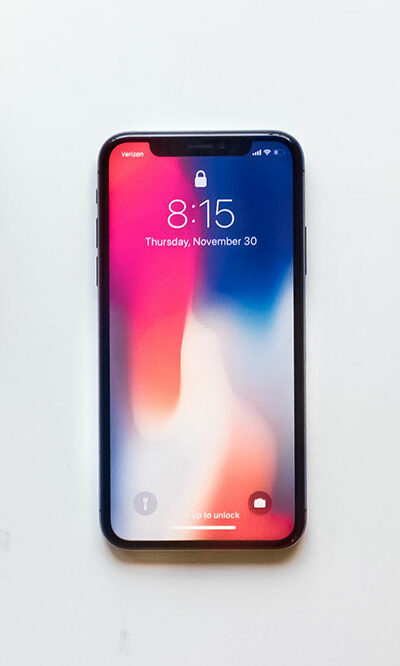Impact of sugar on cholesterol levels and ways to manage it

Most individuals, especially those with a sweet tooth, find it hard to avoid sugary foods from their daily meal plan because sugar is an integral part of various food items. However, excessive intake of sugar is associated with many health conditions, including diabetes, high blood pressure, cardiovascular diseases, and even cholesterol. Some easy and effective strategies to reduce sugar intake and its direct impact on one’s cholesterol levels are listed below.
Types of cholesterol
There are two types of cholesterol-
- LDL (low-density lipoprotein), otherwise known as bad cholesterol
- HDL (high-density lipoprotein), otherwise known as good cholesterol
LDL causes plaque buildup in one’s arteries, creates blockages, hampers blood flow, and raises the risk of developing heart disease and stroke. Meanwhile, HDL helps the body to get rid of bad cholesterol. HDL carries LDL to the liver, where it is eventually eliminated from the body.
Effects of sugar on cholesterol levels
Healthcare professionals recommend exercising and reducing the intake of saturated fats for individuals with high cholesterol. However, unbeknownst to many, sugar is another hidden contributing factor to cholesterol. Some studies have shown that people who consumed more than half a cup of sugar daily had low HDL levels in the body. Similarly, people who got 10% of their calories from added sugar were thrice as likely to have low HDL cholesterol levels compared to those who had half as much sugar.
Excessive sugar intake also results in one’s liver creating more LDL. It converts and stores the excess sugar into a fatty substance called triglycerides, which have similar effects on the body as LDL cholesterol.
Simple ways to manage sugar intake
Read food labels – Industries use various names for added sugar on store-bought, packaged, and processed foods. A few such names are molasses, corn syrup, fructose, rice syrup, agave nectar, cane juice, cane syrup, honey, and sucrose.







